Podcast. Episode Zero?

I suppose it's high time we get this thing started.
Where it's going to go, how long it will last, and how often you'll see it, I have ZERO idea. We'll just have to be surprised together.
For now, a quick intro to what I do know - which frankly, isn't much.
And I have NO IDEA why the play buttons aren't showing yet... I'm working on it. If you click the big square (which obviously is NOT the universal symbol for Play), it will actually play.
We'll be on iTunes and maybe Stitcher soon, which I'll let you know about.

Starting where you are is an important first step that is often missed.
When should you be growing your skill set and when should you be focused on one aspect of it?
Which is better – building a grade pyramid or a tower – and how might one or the other impact your future climbing?
How can we make sure we are getting the right thing – quality or quantity – in our climbing?
Joy Black is a strength and climbing coach specializing in working with pregnant and postpartum climbers.
Three athletes share their unique and ongoing journeys with vision loss and how climbing provides support.
Lucia Li and Noah Steinberg are an up-and-coming climbing power couple who had breakout seasons after training with our Ebook plans.
This week we're watching Devotion, a film about Olympian Jakob Schubert, released by Mammut!
Is bringing your phone into the climbing gym worth it? We're conflicted…
This week we're watching Passion, a film about Jonathan Siegrist from Arc'teryx!
Melissa Ruiz has been climbing and competing for six years and recently started climbing outside. To put it lightly, she is stoked.
Despite being constantly present and often the reason we fail, Rhythm is the most underrated of the Atomic Elements of Climbing Movement.
This week we're watching In Sequence: Katie Lamb and the Craft of Hard Bouldering from Patagonia Films!
Kris and Nate discuss the new climbing film, Soudain Seul, and lessons from it that we can use in our own climbing.
Long-time friends Nate and Ravioli Biceps discuss lessons they’ve pulled from video gaming that can help inform our climbing.
There's a fine line between reactive and proactive training. If you're constantly being corrective or reactive, you may want to rethink things.
Improving movement skills is by far the most abstract part of becoming a better climber. And arguably the most important part.
Allyson Gunsallus is a mom, climber, and director of an upcoming film series that will uncover the issues faced by climbers who are parents.
How should we separate training and performance when they both occur in the same environment?
Fallon Rowe has been climbing since 2003 and coaching since 2013.
Kris and Nate discuss their favorite protocols, both that they use themselves and in programming for their clients.
Sent in from YouTube subscribers, clients, and more, Kris answers more questions about climbing movement in this Part 2!
There’s A LOT of great information out there on how to climb harder. But it’s tough to sort through…
Sent in from our Patrons, Kris answers questions about what you want to know most when it comes to climbing movement.
Short climbers are good at getting scrunchy, and tall climbers are good at climbing extended, right? Wrong.
Kris and Paul dig into a paper that presents and then tests a method for measuring movement skills in sport climbing.
Ben Mayforth is a highly-disciplined Paraclimbing World Cup multi-medalist who is known for dialing in his training regimen.
Nate talks movement analysis and technique in a consultation with host Ryan Devlin on The Struggle Climbing Show.
A climber since 1994, Kris was a traddie for 12 years before he discovered the gymnastic movement inherent in sport climbing and bouldering. Through dedicated training and practice, he eventually built to ascents of 5.14 and V11.
Kris started Power Company Climbing in 2006 as a place to share training info with his friends, and still specializes in working with full time "regular" folks. He's always available for coaching sessions and training workshops.

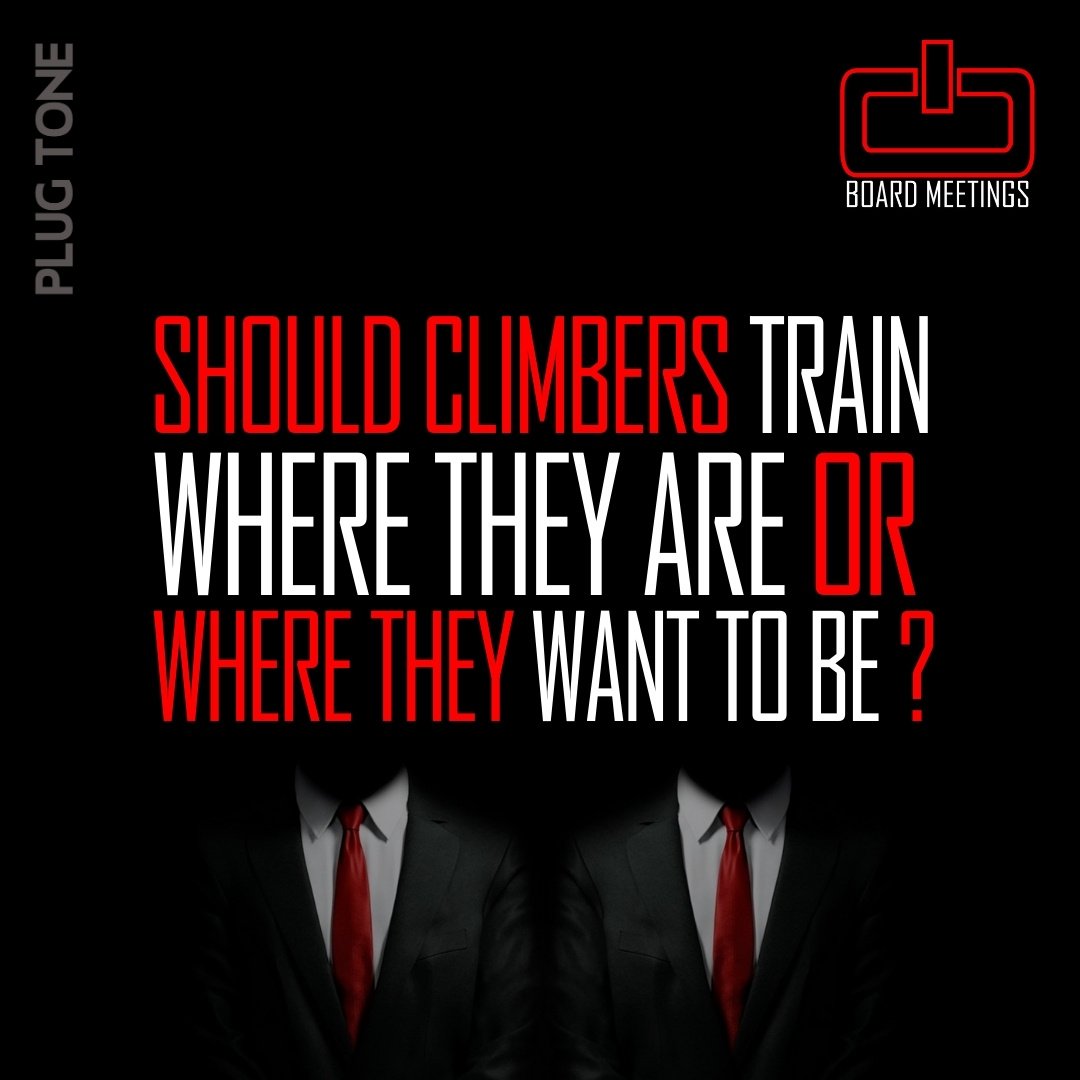


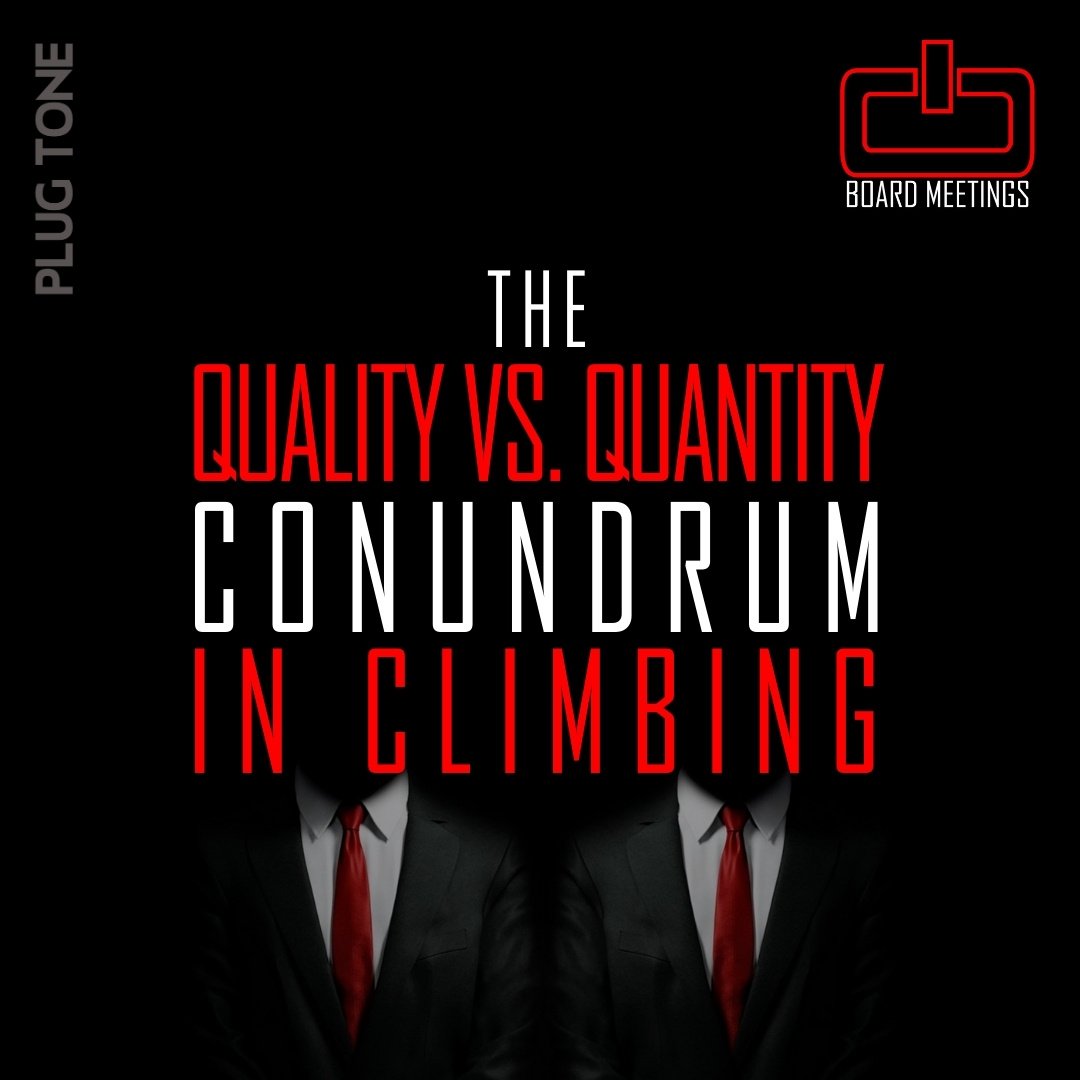





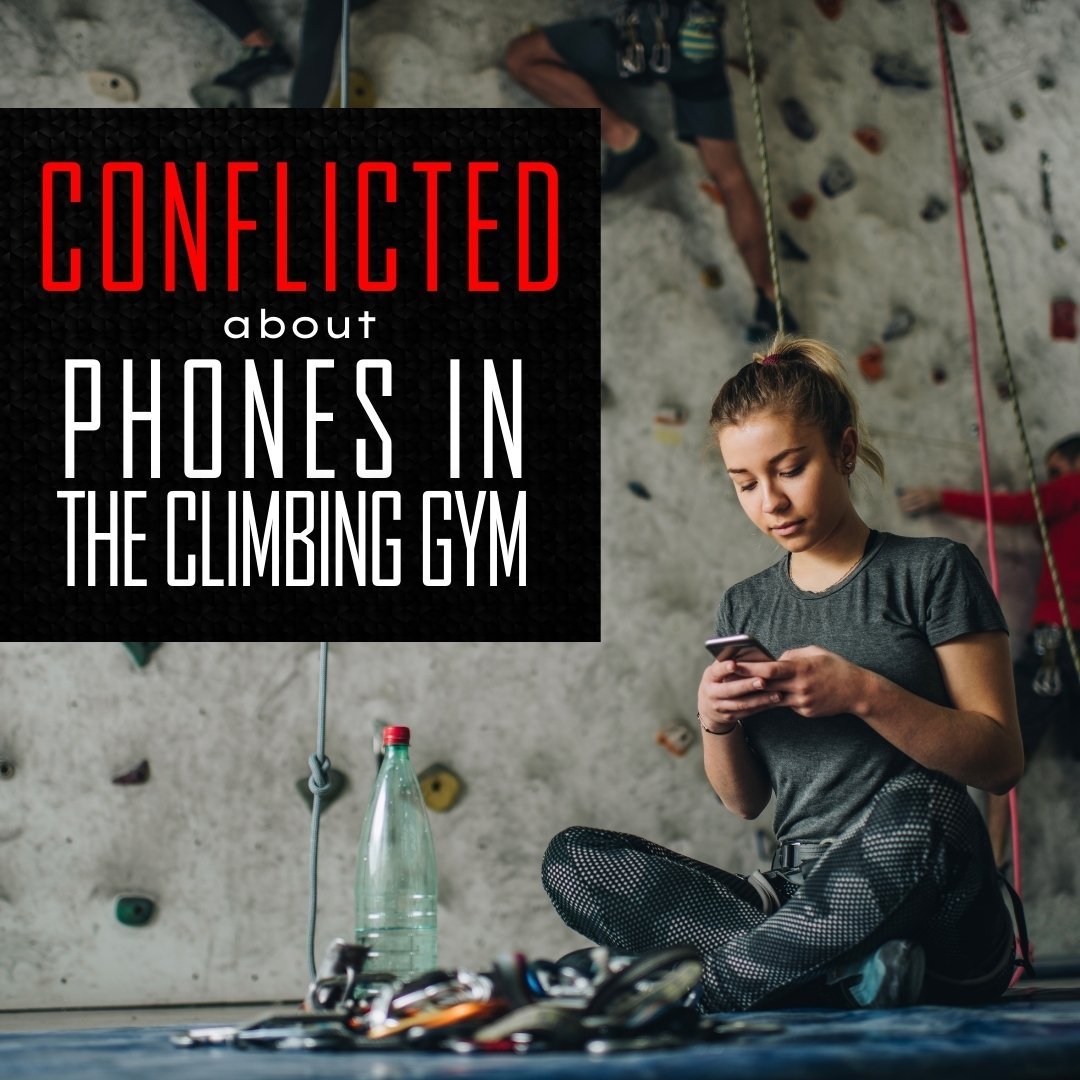


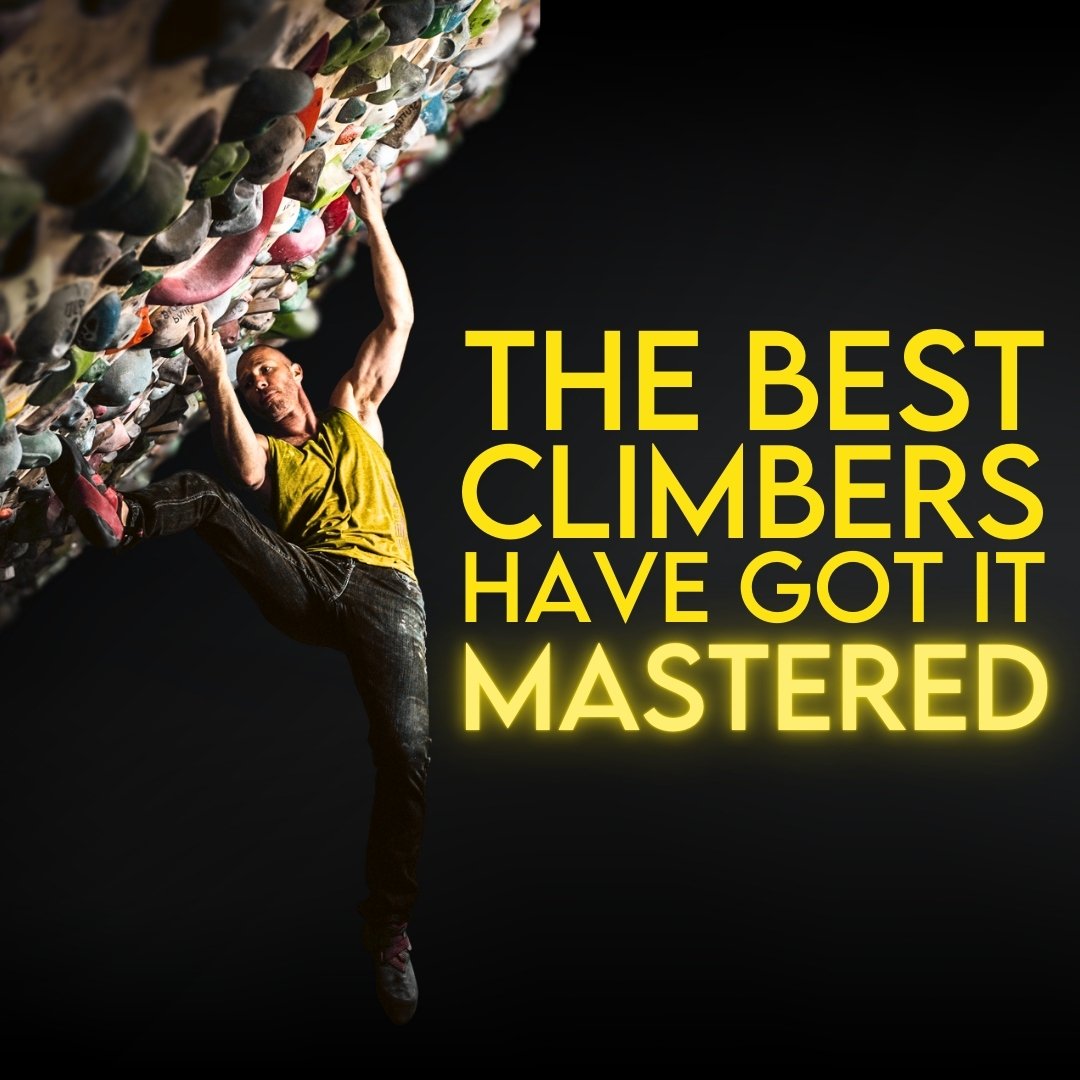
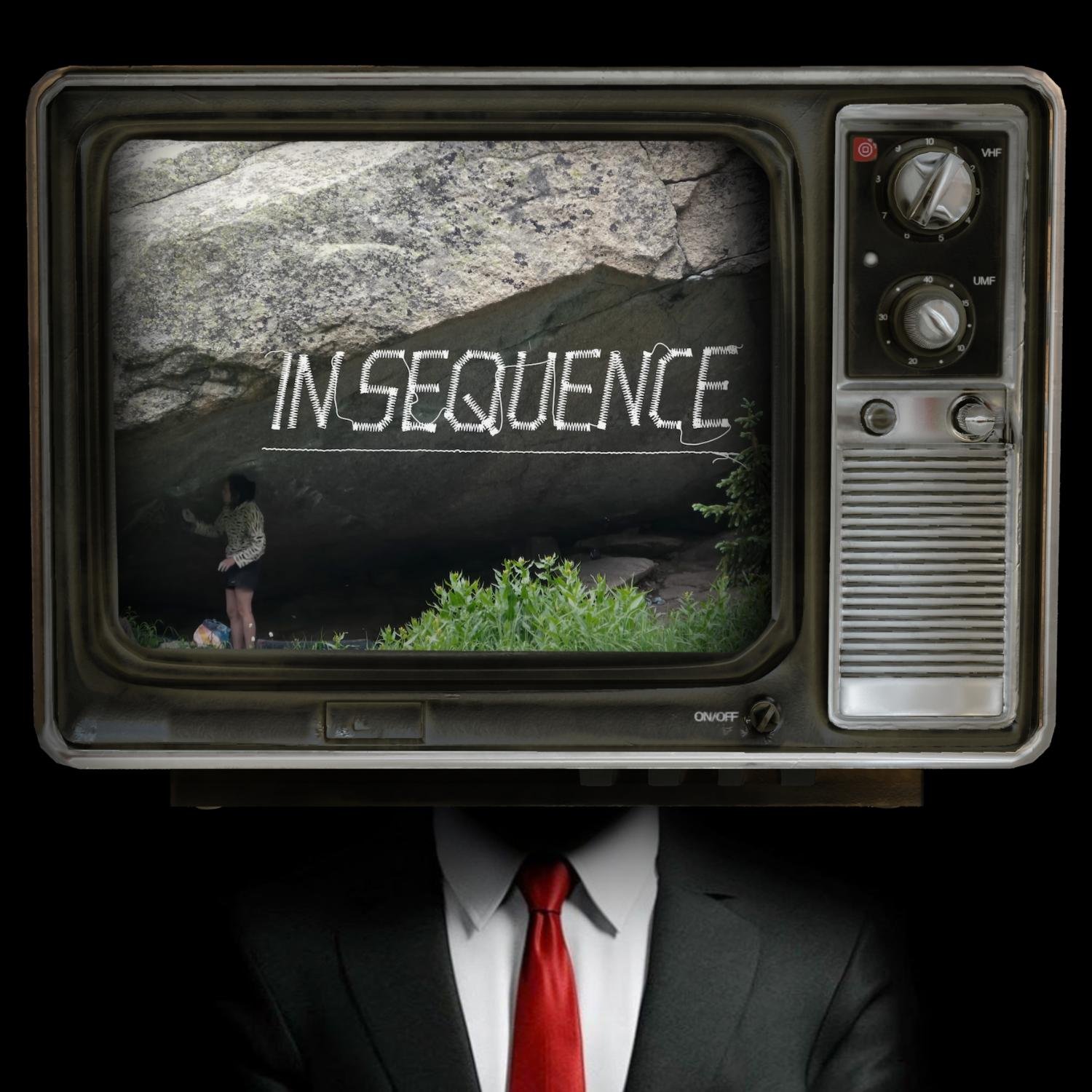
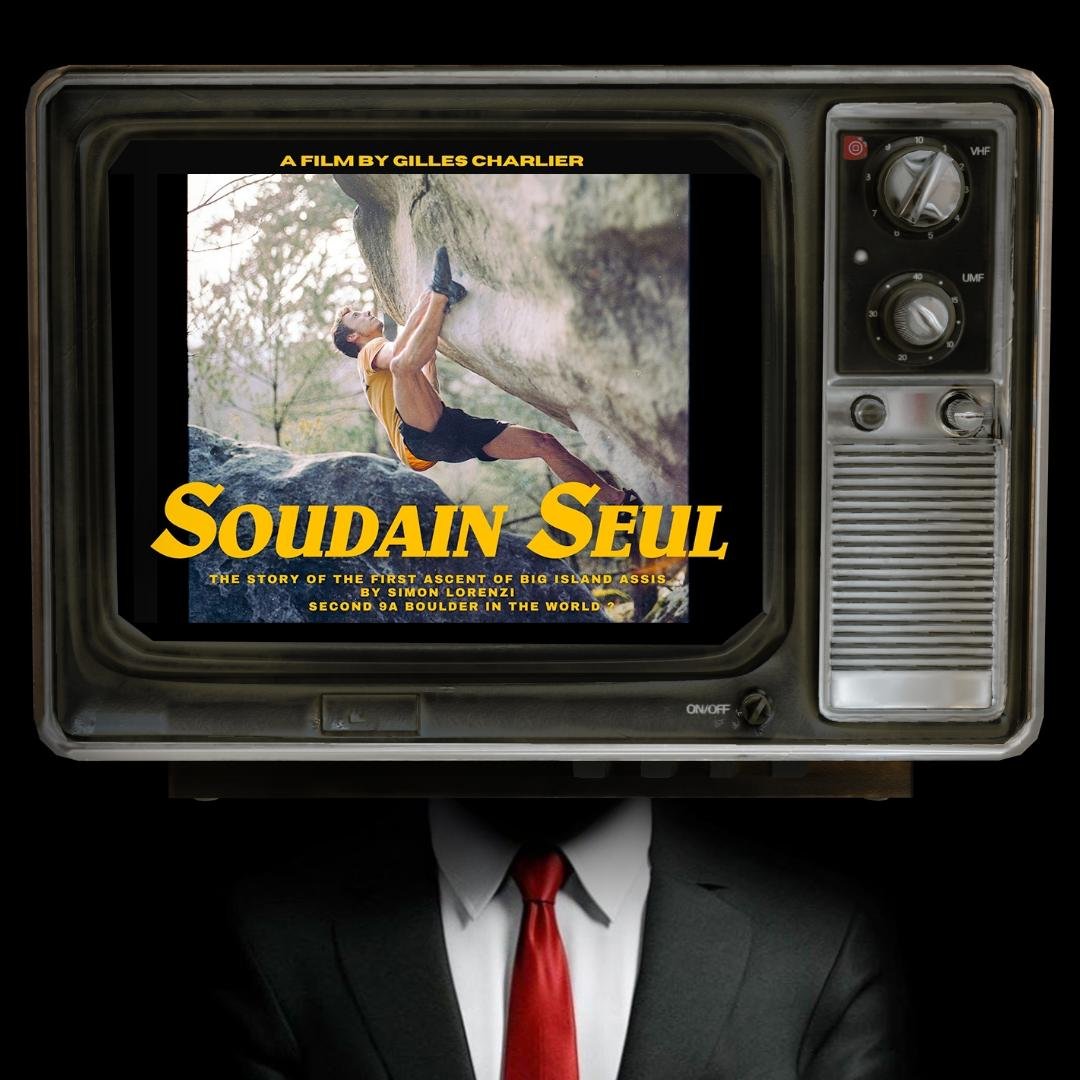

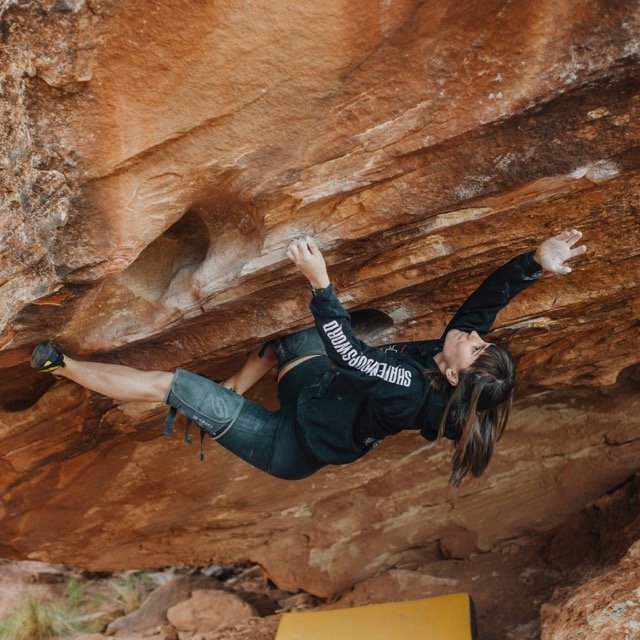

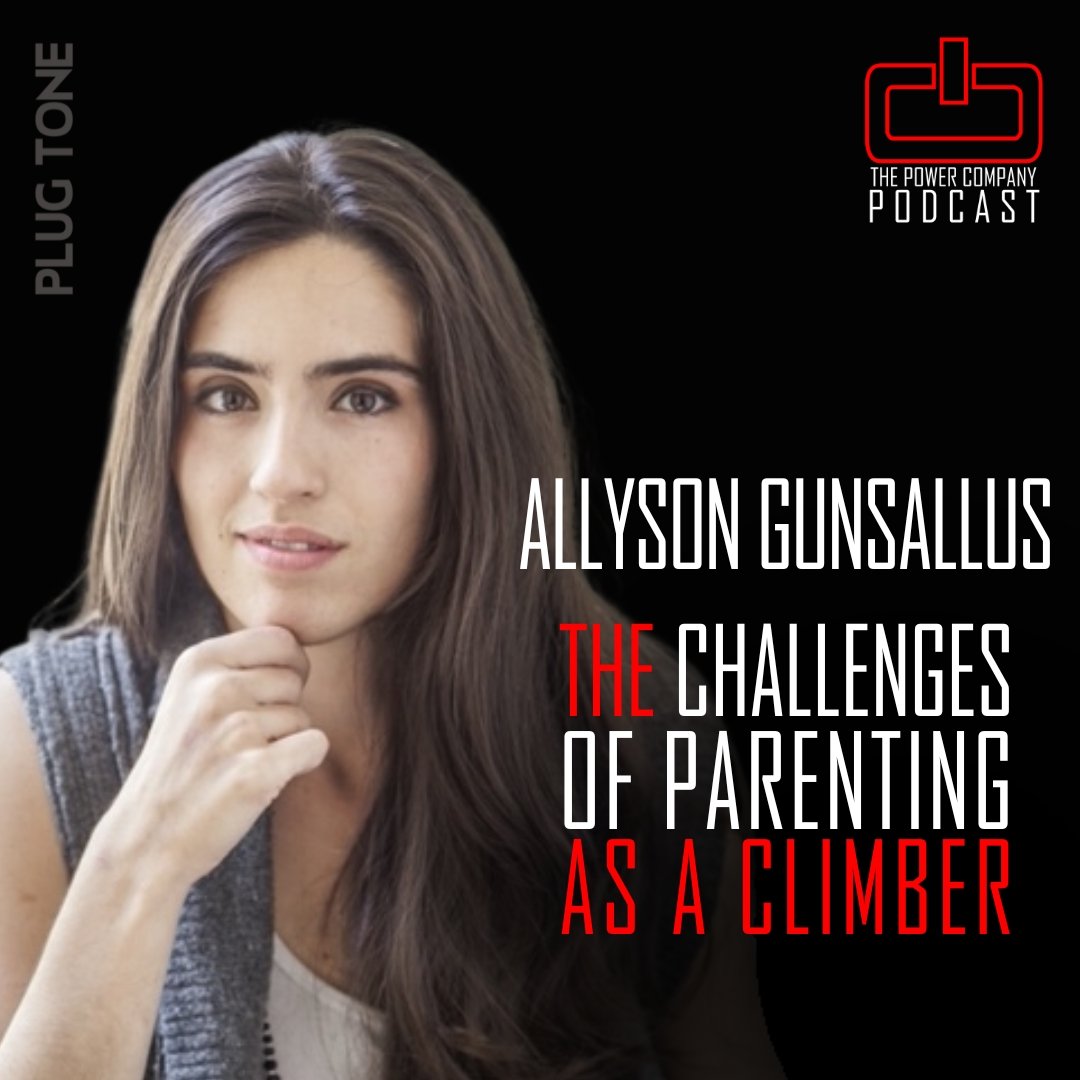
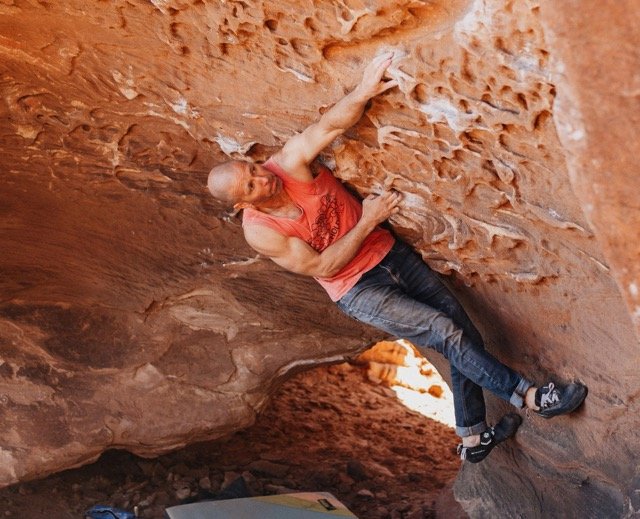


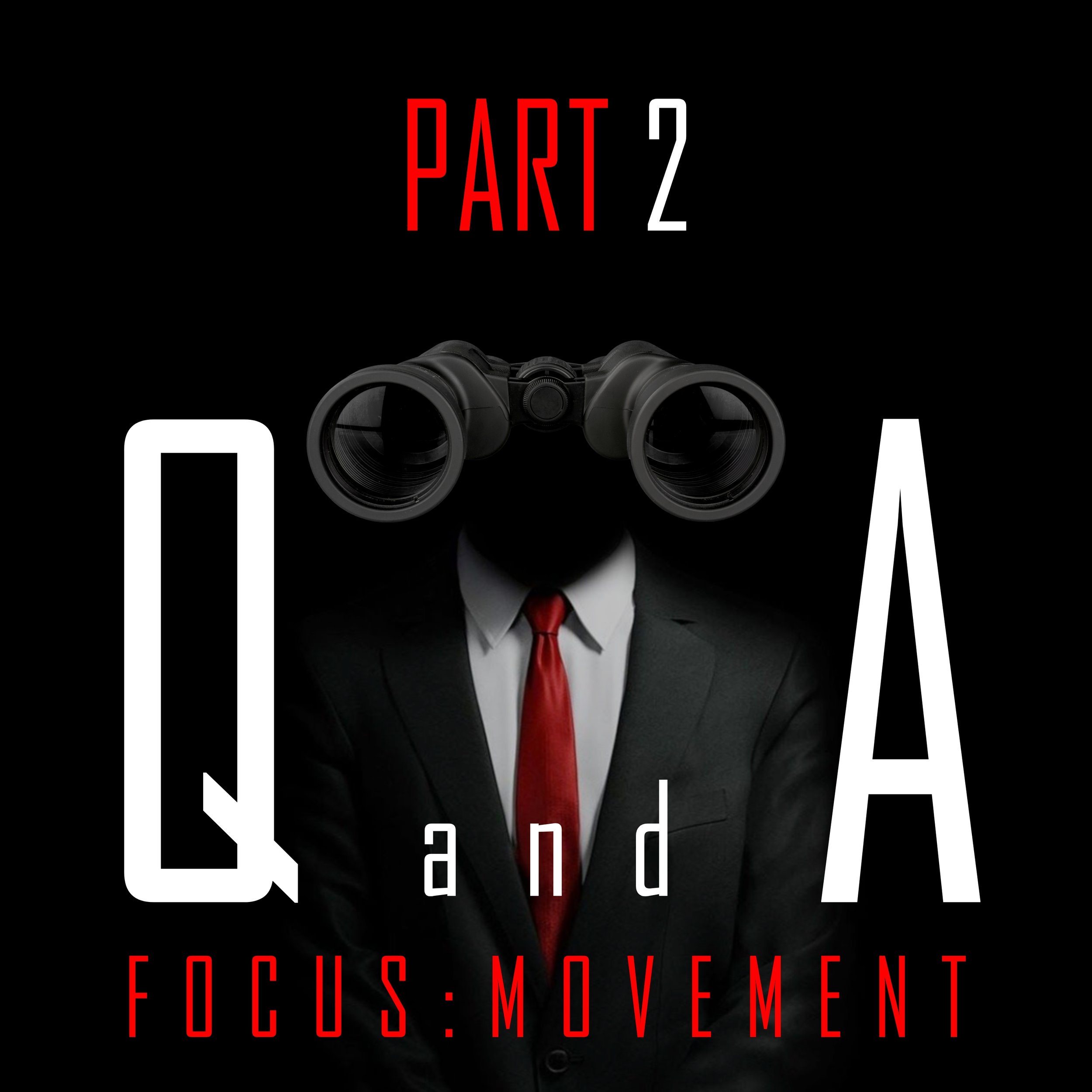

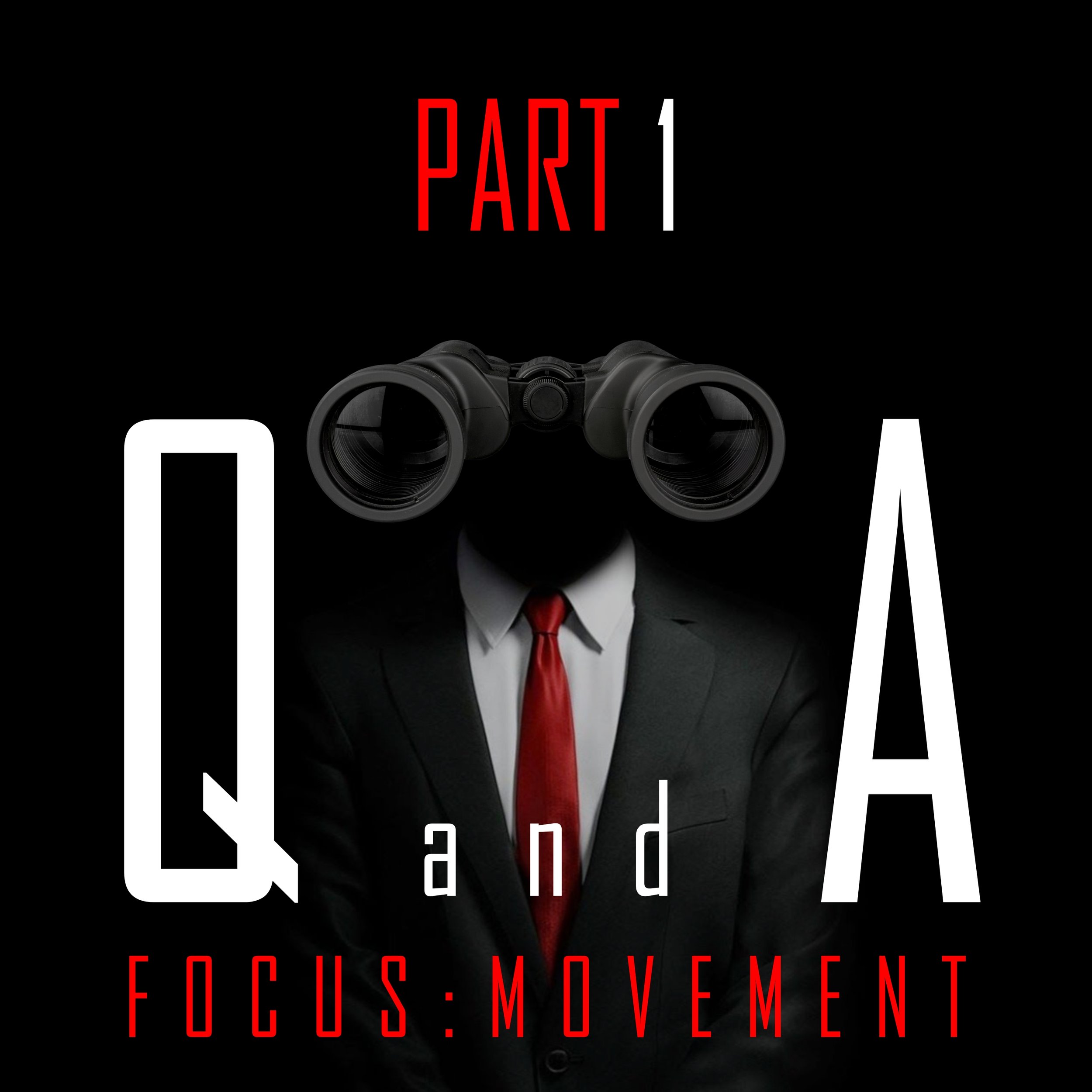

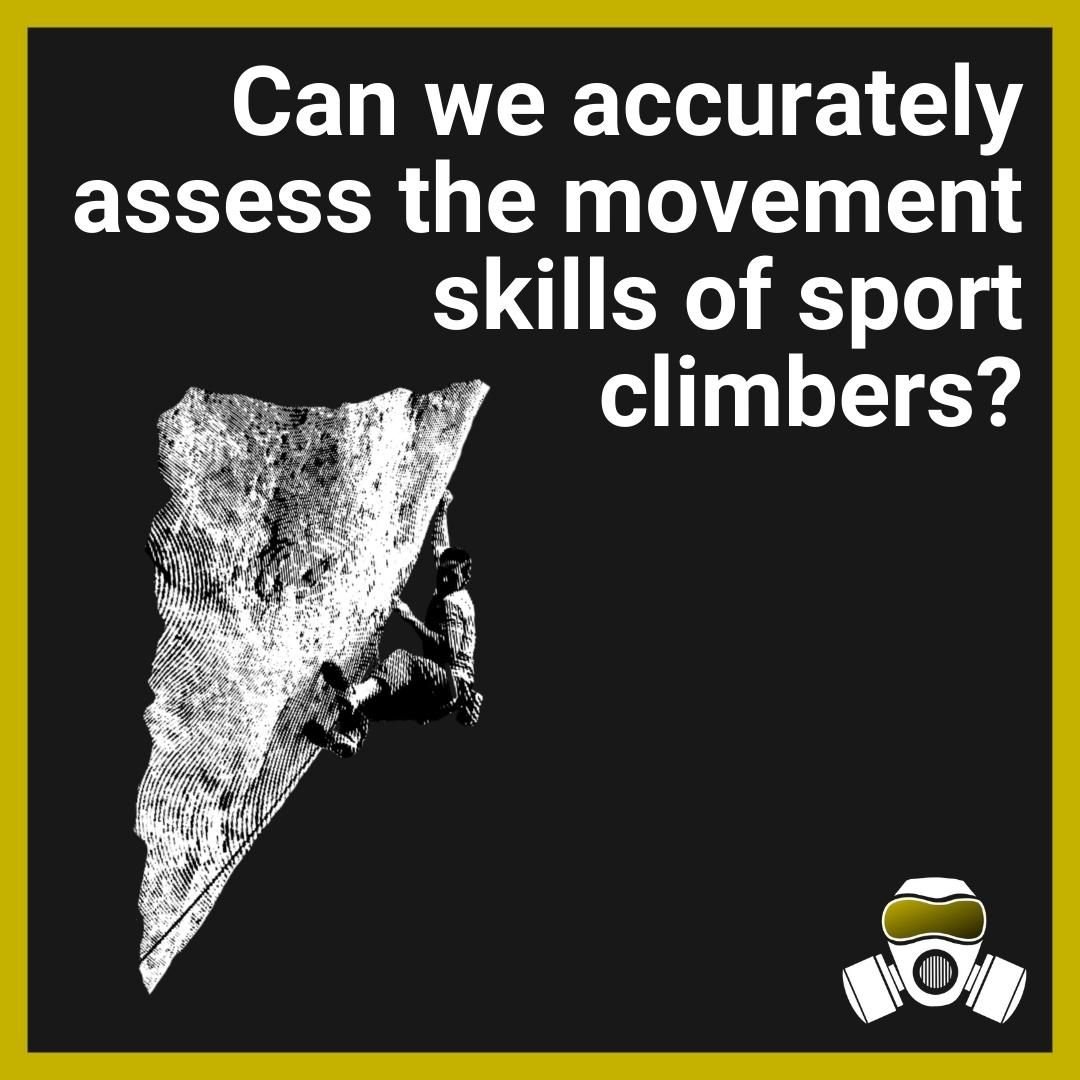
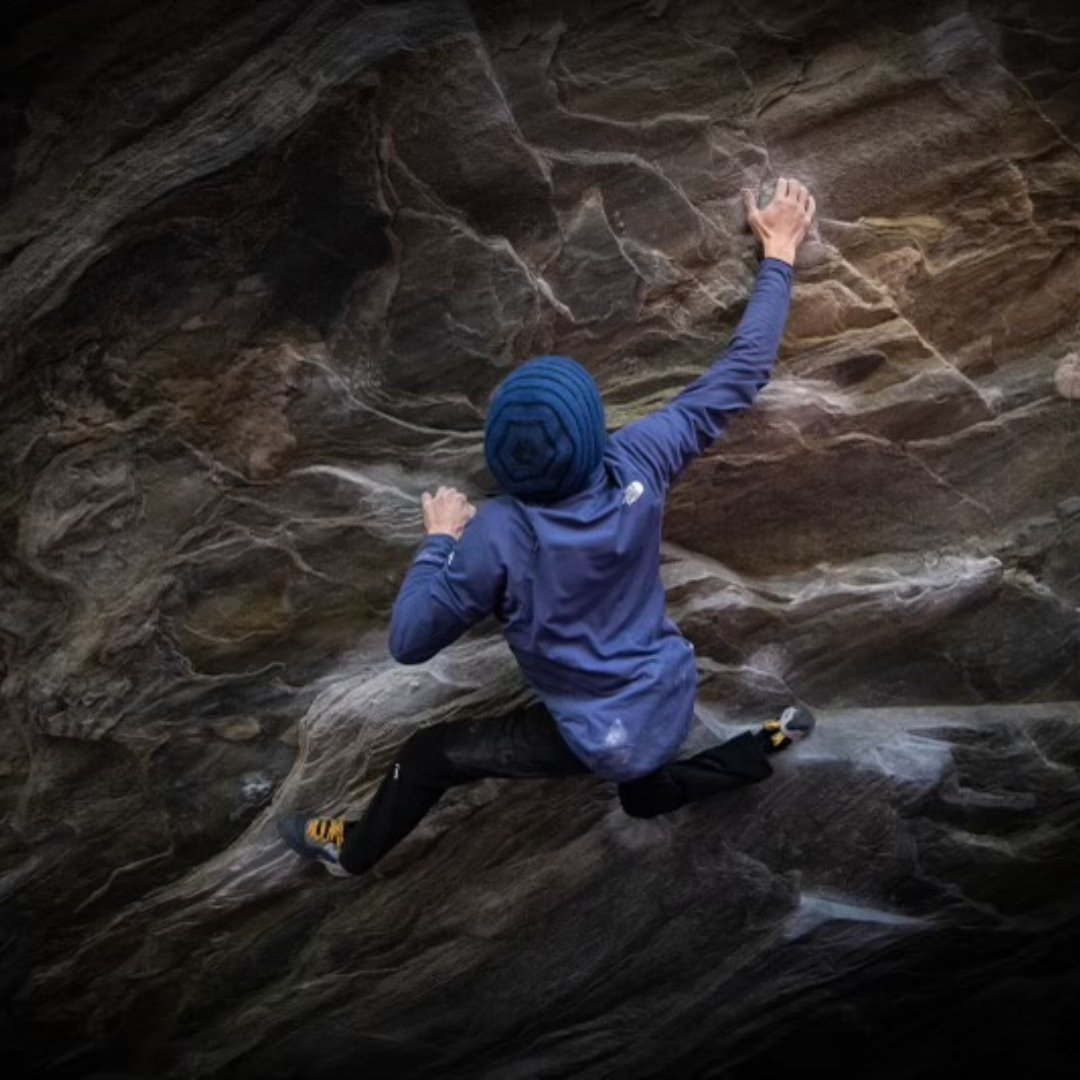

How do you know which is right for your situation?